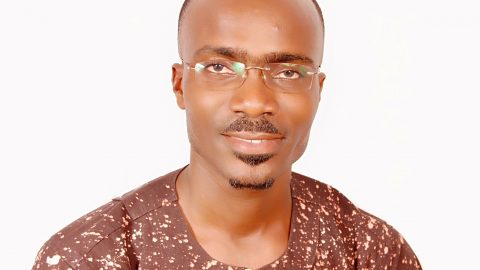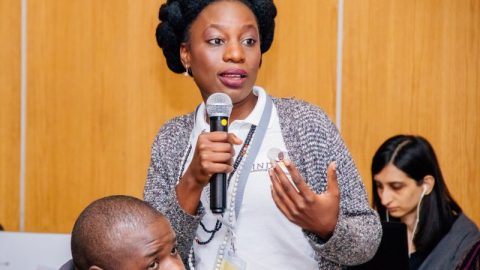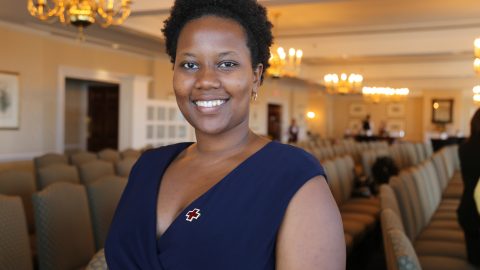By the time the Arab Spring that started in December 2010 was anti-climaxing, five sit-tight African Heads of State had been forced out of office. In Tunisia, where the Arab Spring began, citizens had had enough of the President Zine Ben Ali led regime. Ben Ali had been in power since 1987. By 2011 when he was ousted, it was his 23rd year in office. The self-immolation of Mohamed Bouazizi was the last straw and all hell was let loose. When President Ben Ali fled months later, even his harshest critics were surprised that tens of thousands of peaceful protesters can force one of Africa’s most brutal regime out of the way. In response, similar styled protest, led by disenchanted citizens spread across North Africa, with mixed results.
In Egypt, protesters camped for days at the now famous Tahrir Square and it was a flood of gushy emotion when the regime of Hosni Mubarak came to an end. Almighty Mubarak, behind a cage, in a court of law was a vision no one foretold. The revolution in Egypt and in Libya has seen mixed result. While Egypt managed to have a peaceful election following the exit of Mubarak, events following led the young active citizens at the center of the Egyptian revolution to question the outcome and success of their campaign. In Libya, several experts have concluded that the country is now far worse in stability and economic growth than when President Ghadaffi led it for 42 years.
In 2014, Blaise Campaore’s attempt to amend Burkina Faso’s constitution to pave way for him to extend his 27-year term led to the Burkinabe uprising which consumed his regime. In 2017, Yaya Jammeh, the then president of Gambia could not believe his eyes was seeing jubilant citizens when election results were announced, and he lost the election to an opposition, which united for the first time, a few months to the election. Jammeh had incorrectly thought that with his firm control of the military apparatus and his main political opponents in jail, his umpteenth election will be an easy ride; he was shocked. His reversal of recognition of the victory of his arch political opponent led to the #GambiaHasDecided protests on social media as well as pressure from ECOWAS, the regional body for him to step aside, including the consideration of a full military option, when it seemed Jammeh was not ready to honour the electoral choice of the Gambian people.
Before then, the 60s and 70s had witnessed a set of African leaders who were committed to rid Africa of colonialism. Kwameh Nkrumah captured the mood well when he said in 1968, ‘the independence of Ghana is meaningless unless it is linked up with the total liberation of the African continent’. From Nyerere in Tanzania to Robert Mugabe in Zimbabwe, African leaders united to rid the continent of colonialism and set the continent on a path of set rule.
In the 80s and 90s, Africa suffered from a set of leaders who felt that their countries owed them eternal gratitude and they will extort compensation by remaining in power either through rigged elections or with the support of the nation’s military and armed forces. As at 1975, 18 out of 35 independent African countries were controlled by military rulers. While uprisings and protests have knocked out some of the leaders from office, in other places, the leaders continued their strangle hold to power. In Cameroun for instance, anyone who is 36 years and below have only had one president rule the nation in his or her entire lifetime.
Following the strong wave of democratic demands and the rise of active citizens across the continent, it is high time that African leaders sat down and designed a process that expands the pipe that produces a new generation of leaders across the private sector, public sector as well as the civil society space. Currently, no such scheme exists. Africa has suffered from accidental leaders. Many who rose through the ranks of political parties, or who charmed the nation with their charisma and flowery speeches, and several others who used ethnicity and religion to divide and rule, it is important this does not repeat itself.
Initiatives like the Mandela Washington Fellowship, started in 2013 by President Barack Obama, has become a platform for identifying and grooming a new set of African leaders. From a yearly application pool of roughly 50,000, around 700 young people aged 25 – 35 years are selected for the 6 weeks long fellowship at an academic institution in America.
Africa needs its own youth leadership development programme. A widespread African adage says ‘until the lion learns to tell its own story, the tale of the hunt will always glorify the hunter.’ It is time to build a leadership development platform that allows the next generation of Julius Nyerere, Nnamdi Azikiwe, Nelson Mandela and Kwame Nkrumah, to meet, learn about each other’s distinct culture and collaborate in new ways to lift the continent. While there exists a number of leadership development programmes on the continent, largely driven by private foundations and philanthropists; Africa needs to create its own programmes. One of such is the Arch. Bishop Desmond Tutu Fellowship programmes. The programmes focuses on an elite group of Africa’s highest potential young leaders, representing a wide range of sectors. The South Africa based Africa Leadership Academy whose aim is to develop the next generation of African leaders is good example.
While these examples represent a good beginning, it is important that a continent-wide initiative is launched in partnership with National Government. Such should leverage on technology, scale as well as identifying, connecting and grooming the next generation of leaders.
Africa has shown that where there is strong political will, we will always find the resources and the tenacity to chart our own course. The prompt response of the African Union helped to stem the tide of the Ebola epidemic in Africa. Partnering with the private sector, especially telecoms companies, the AU’s #AfricaAgainstEbola campaign raised a total of 37 million dollars, which was crucial in halting the spread of Ebola. Asides raising money, the AU also deployed young health experts as volunteers to the frontline to support in-country efforts in the worst affected countries.
Building on its past, in recent times, the African Union has set an ambitious agenda in order to ensure that Africa not only collaborates politically but that they also do so economically. The most recent of these agenda is the Africa Continental Free Trade Agreement. Signed in March 2018, the protocol when fully implemented will ensure the free movement of goods and services across Africa. Humans, nay Africans, must provide the political and technical skills to make this happen. There are rich indicators out there that the continent has the resource to hosts and train its next corps of leaders. The long-term goal of the Mandela Washington Fellowship, which is the biggest of them all, is better imagined. The USA naturally will have allies in these next generations of leaders they are grooming for the continent; and they are scattered across the continent. The MWF is a grandmaster’s move on the chessboard of international politics and foreign policy. Africa needs a clearly defined leadership development programme and incubator if it is to effectively solve the leadership challenge of the next generation.
Yesterday is gone, today offers a new opportunity to begin that process. The time to act is Now!
Rotimi Olawale
MINDS Alumnus – Nigeria
July 2018
Facebook: Rotimi Olawale
Twitter: @rotexonline
LinkedIn: Rotimi Olawale
Instagram: @rotexonline








